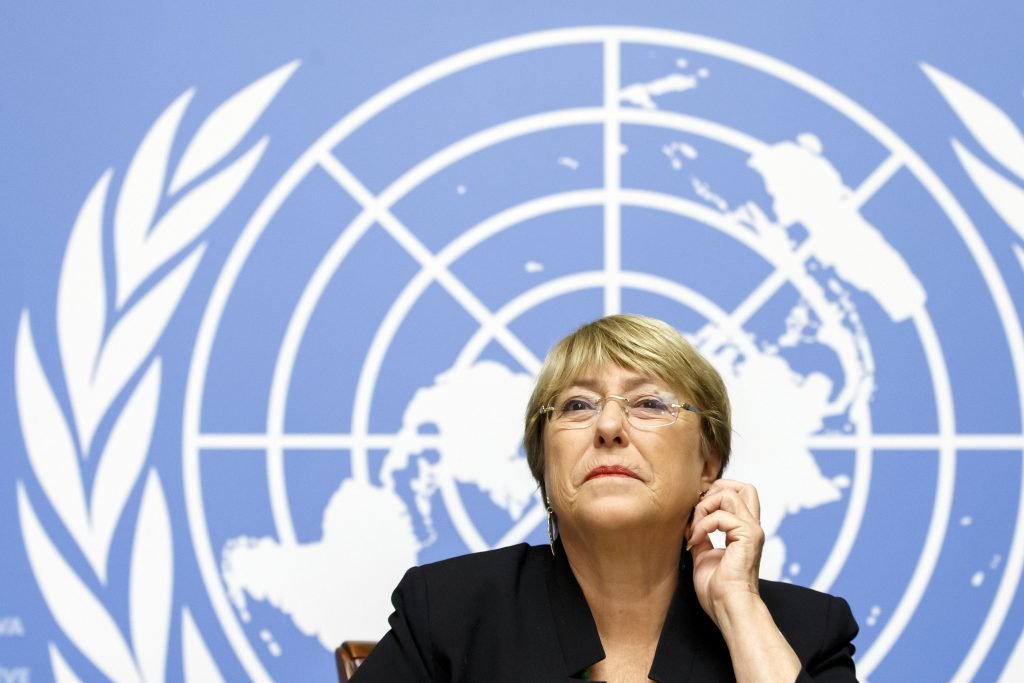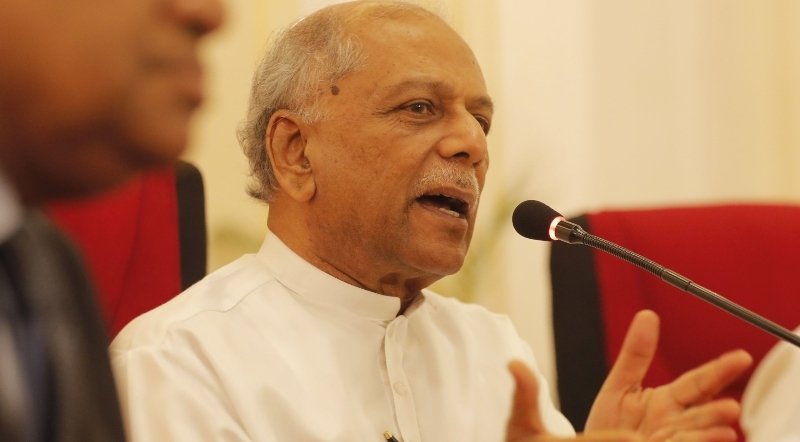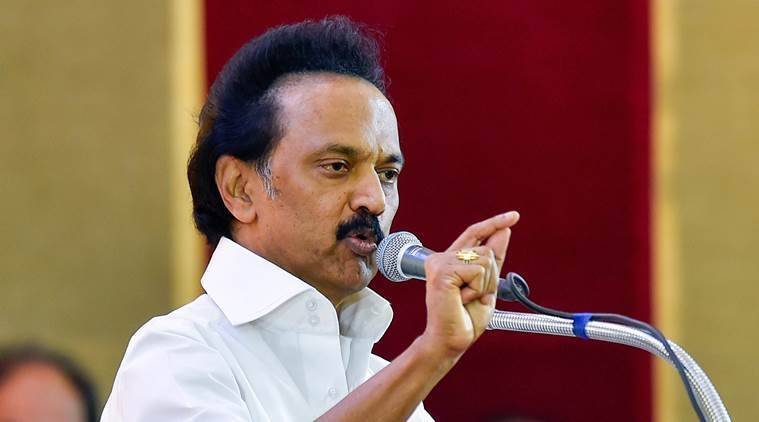UNHRC Resolution Against Sri Lanka and The Expectations from India

On 23nd March Sri Lanka faced a critical resolution at the UN Human Rights Council in Geneva. Sri Lanka has already been defeated at three consecutive resolutions at the UNHRC, since the end of the conflict with the Liberation Tigers of Tamil Eelam (LTTE) 12 years ago when Mahinda Rajapaksa was the countries Prime Minister. And the present United Nations’ resolution against Sri Lanka for its war crimes and human rights violations can be was seen as an acid assessment for the incumbent President Gotabaya Rajapaksa, as many allegations have been put across which mainly centres around the failure of his government to ensure justice for the victims and promote reconciliation after the end of the armed conflict with the LTTE in 2009. While Sri Lankan allies such as China, Russia, Pakistan and many other Islamic states have clearly shown their support in favour of Sri Lanka. India’s stand on the resolution has been very unclear and undetermined until India chose to abstain from voting in the UNHRC resolution against Sri Lanka.
The resolution on ‘Promoting reconciliation, accountability and human rights in Sri Lanka’ is however passed and adopted after 22 states of the 47-member Council voted in its favour of the resolution. The solid support was shown by Russia, China and Pakistan as they voted against the resolution. India abstained from voting and made its stand very clear by choosing the best option it had to balance between Sri Lanka and the Indian Tamil community in India. Among the other P5 countries, France and the UK voted in favour of the resolution and the US has left UNHRC but is expected to re-join it soon.
The UNHRC resolution
Last month, in the 46th session of the UNHRC, Michelle Bachelet High Commissioner for Human Rights, in her report on Sri Lanka mentioned, “almost 12 years after the end of the armed conflicts, domestic initiatives had repeatedly failed to ensure justice for the victims and promote reconciliation. Despite commitments made in 2015, the current government, like its predecessor had failed to pursue genuine accountability processes”. And following this, the draft resolution has been titled Promotion of Reconciliation Accountability and Human Rights in Sri Lanka, which has also been listed as the second item in the agenda of the resolution.

Responding to the allegations made against Sri Lanka, especially alleging human rights abuses. Sri Lankan Foreign Minister Dinesh Gunawardena clarified that Sri Lanka has been very cautious about human rights violation and has made progress in preserving human rights in the country, for this purpose it has also constituted its program of work. He also mentioned the Presidential Commission which was constituted after the present government was elected, to investigate human rights allegations. He claimed that other than this commission, the government is also taking other positive steps which should be considered before accusing the country of the Human Rights Council at Geneva. Foreign Minister on behalf of Sri Lanka, asked the international community to assist the island nations to waive off the false accusations levelled up against the country.
The hope for Indian support
While many countries like Russia, China, Pakistan and other Muslim countries have joined hands with Sri Lanka. The country expected India’s support at the UNHRC resolution which was evident by Foreign Minister Dinesh Gunawardena’s statement “We hope that India too, will support us this time.” India took the same path, as Colombo already expected that New Delhi will opt to abstain from voting in the United Nations Human Rights Council resolution against Sri Lanka for war crimes against Tamils in the island nation.

Earlier also New Delhi’s response to UN Rights Commissioner Michelle Bachelet’s report was slightly tilted towards Colombo, as inferred from New Delhi’s statement backing the Sri Lankan government for articulating its position on the issue of human rights and gave a positive vision to find a lasting and effective solution to this issue.
However, PM Narendra Modi’s silence and failure to clarify India’s position on the UNHRC resolution against Sri Lanka earlier, created disturbance among the Sri Lankan Tamils as they expect central government leaders to come up in support of resolution against Sri Lanka for war crimes and human rights violation against the Tamil population in the country. DMK President M.K. Stalin and other Tamil Nadu leader urged the centre not to take a stand against the resolution of the United Nations following the Sri Lankan Foreign Secretary’s statement expressing confidence over getting support from India to his country.
India’s unclear stand
Even though the Indian Tamils were anxiously waiting for India’s call on the resolution, M.K. Stalin expressed the pain suffered by the Indian Tamils after the BJP government allowed the Sri Lankan Foreign Secretary to decide India’s stand on the issue, which now proved to be correct. He urged the PM not to take a pro-Sri Lankan stand and to act on behalf of the Tamil community in India by voting in favour of the resolution against Sri Lanka. He also urged the government to gather the support of other member states in favour of the resolution which will ensure the adoption of the resolution with adequate amendments. He even said, “nine crore Tamils living across the globe will not forgive any attempt to betray the interests of Sri Lankan Tamils.” But now since India has already abstained from voting, all these expectations have gone in vain.

Prime Minister Narendra Modi addressed a public meeting in Chennai last month, where he assured that India is committed to ensuring that Sri Lankan Tamils will live with peace, dignity and equality. But PM Narendra Modi’s longstanding silence on the UNHRC resolution and his failure to clarify India’s position, along with Sri Lankan Foreign Secretary’s statement assuring that it is getting Indian support had already created a shock among the Tamil community not only in India but across the globe. And now finally India’s decision to abstain from voting at the UNHRC resolution against Sri Lanka has made things very clear for the Tamil community not only in Sri Lanka but also in India.


















